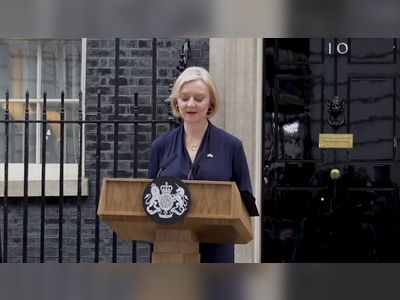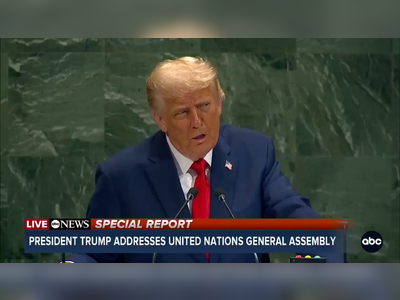UK Grocery Inflation Slows to 4.7% as Supermarkets Launch Pre-Christmas Promotions
Promotional spending rises sharply while sales volumes lag amid cost-of-living pressures in Britain
Grocery price inflation in the United Kingdom eased to 4.7 per cent in the four weeks to 2 November 2025, down from 5.2 per cent the previous month, according to data from Worldpanel by Numerator.
The moderation is attributed to supermarkets aggressively ramping up promotions ahead of the festive season.
The grocery market saw nominal sales rise 3.2 per cent year-on-year in the period, which remains below the inflation rate—indicating that consumers are buying fewer items or trading down to cheaper products.
Spending on discounted or promoted goods jumped 9.4 per cent, compared with just 1.8 per cent growth for full-priced items.
Almost 30 per cent of grocery spending in October was on promoted lines, and this figure is expected to climb further as Christmas approaches.
Price rises were most pronounced in chocolate confectionery, fresh meat and coffee, whereas the sharpest falls were recorded in household paper goods, sugar confectionery and dog food.
Retailers are shifting strategy: price cuts and promotional offers are now front-and-centre rather than multibuy deals.
Among UK grocers, Tesco reported sales growth of 5.9 per cent over the 12 weeks to 2 November, and Sainsbury’s 5.2 per cent.
In contrast, Asda’s sales fell 3.9 per cent, reducing its market share to 11.6 per cent.
Online-only player Ocado remains the fastest-growing grocer with sales up 15.9 per cent, while discounter Lidl GB posted a 10.8 per cent increase in physical-store sales.
While the easing of inflation offers a degree of relief ahead of the economy-wide budget due this month, households continue to face pressure from elevated living costs.
With sales growth trailing inflation and consumers shifting behaviour, the grocery sector is now increasingly driven by value-seeking strategies and promotional mechanics rather than volume expansion.
The moderation is attributed to supermarkets aggressively ramping up promotions ahead of the festive season.
The grocery market saw nominal sales rise 3.2 per cent year-on-year in the period, which remains below the inflation rate—indicating that consumers are buying fewer items or trading down to cheaper products.
Spending on discounted or promoted goods jumped 9.4 per cent, compared with just 1.8 per cent growth for full-priced items.
Almost 30 per cent of grocery spending in October was on promoted lines, and this figure is expected to climb further as Christmas approaches.
Price rises were most pronounced in chocolate confectionery, fresh meat and coffee, whereas the sharpest falls were recorded in household paper goods, sugar confectionery and dog food.
Retailers are shifting strategy: price cuts and promotional offers are now front-and-centre rather than multibuy deals.
Among UK grocers, Tesco reported sales growth of 5.9 per cent over the 12 weeks to 2 November, and Sainsbury’s 5.2 per cent.
In contrast, Asda’s sales fell 3.9 per cent, reducing its market share to 11.6 per cent.
Online-only player Ocado remains the fastest-growing grocer with sales up 15.9 per cent, while discounter Lidl GB posted a 10.8 per cent increase in physical-store sales.
While the easing of inflation offers a degree of relief ahead of the economy-wide budget due this month, households continue to face pressure from elevated living costs.
With sales growth trailing inflation and consumers shifting behaviour, the grocery sector is now increasingly driven by value-seeking strategies and promotional mechanics rather than volume expansion.









